The Do’s and Don’ts to End Toddler Hitting & Biting for Good

Dealing with a toddler who hits or bites can be challenging, but it’s important to address these behaviors early to teach your child healthy ways to express their emotions. Here’s a concise guide on the do’s and don’ts to help you manage and end toddler hitting and biting.
Do’s:
- Stay Calm When your toddler hits or bites, remain calm. Reacting with anger can escalate the situation. Instead, take a deep breath and address the behavior firmly yet gently. Let your child know that hitting and biting are not okay.
- Set Clear Rules Establish clear rules about what is and isn’t acceptable behavior. Use simple language to explain that hitting and biting hurt others and won’t be tolerated. Ensure consistency by having all caregivers enforce these boundaries.
- Teach Alternatives Toddlers often hit or bite out of frustration or lack of communication skills. Teach them alternative ways to express their feelings, like using words or offering a safe object to bite, such as a teething toy. Regularly reinforce these alternatives.
- Praise Positive Actions When your toddler uses words instead of hitting or biting, praise them. Positive reinforcement helps children understand that good behavior is noticed and appreciated. A simple “Great job using your words!” can encourage them to repeat the behavior.
- Model Good Behavior Children learn by observing adults. Show your child how to handle frustration and anger healthily. Whether it’s taking a deep breath, asking for help, or using words to express emotions, modeling these behaviors will teach your toddler how to react appropriately.
Don’ts:
- Don’t Hit or Bite Back Responding to aggression with aggression only teaches that hitting and biting are acceptable ways to express feelings. Focus on explaining why these behaviors are hurtful and inappropriate instead.
- Don’t Ignore the Behavior Ignoring hitting or biting can lead to these behaviors becoming a habit. Address them immediately and consistently to ensure your toddler understands the consequences.
- Don’t Use Harsh Punishments Harsh punishment can create fear rather than understanding. Instead, use time-outs or removal from the situation as a way to teach about consequences without instilling fear.
- Don’t Overreact Overreacting can sometimes reinforce the behavior, as toddlers may seek attention, even if it’s negative. Stay calm and address the behavior without giving it more attention than necessary.
- Don’t Overlook the Root Cause Understand that hitting and biting may stem from frustration, tiredness, or a need for attention. Addressing the underlying cause can help prevent the behavior from recurring.
Conclusion
By staying calm, setting clear rules, and teaching healthy alternatives, you can effectively end toddler hitting and biting. Positive reinforcement, consistent boundaries, and understanding the root causes of these behaviors are key to creating a more peaceful environment for your child and family.
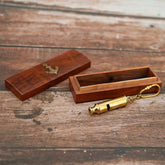

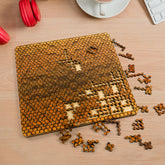

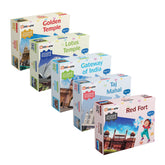

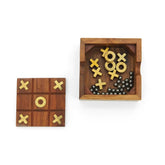

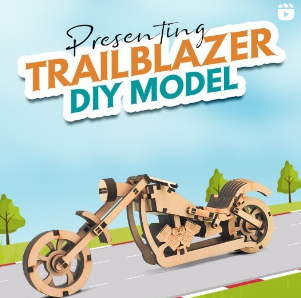

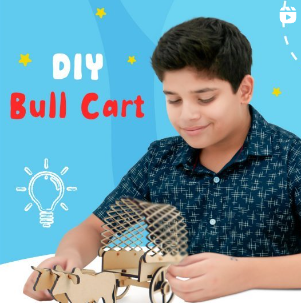
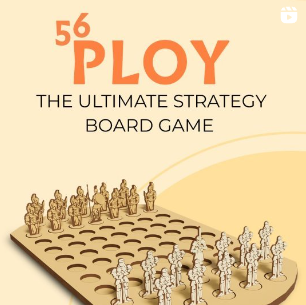
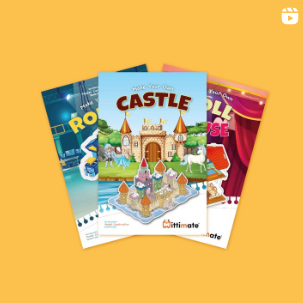
Leave a comment
Please note, comments need to be approved before they are published.